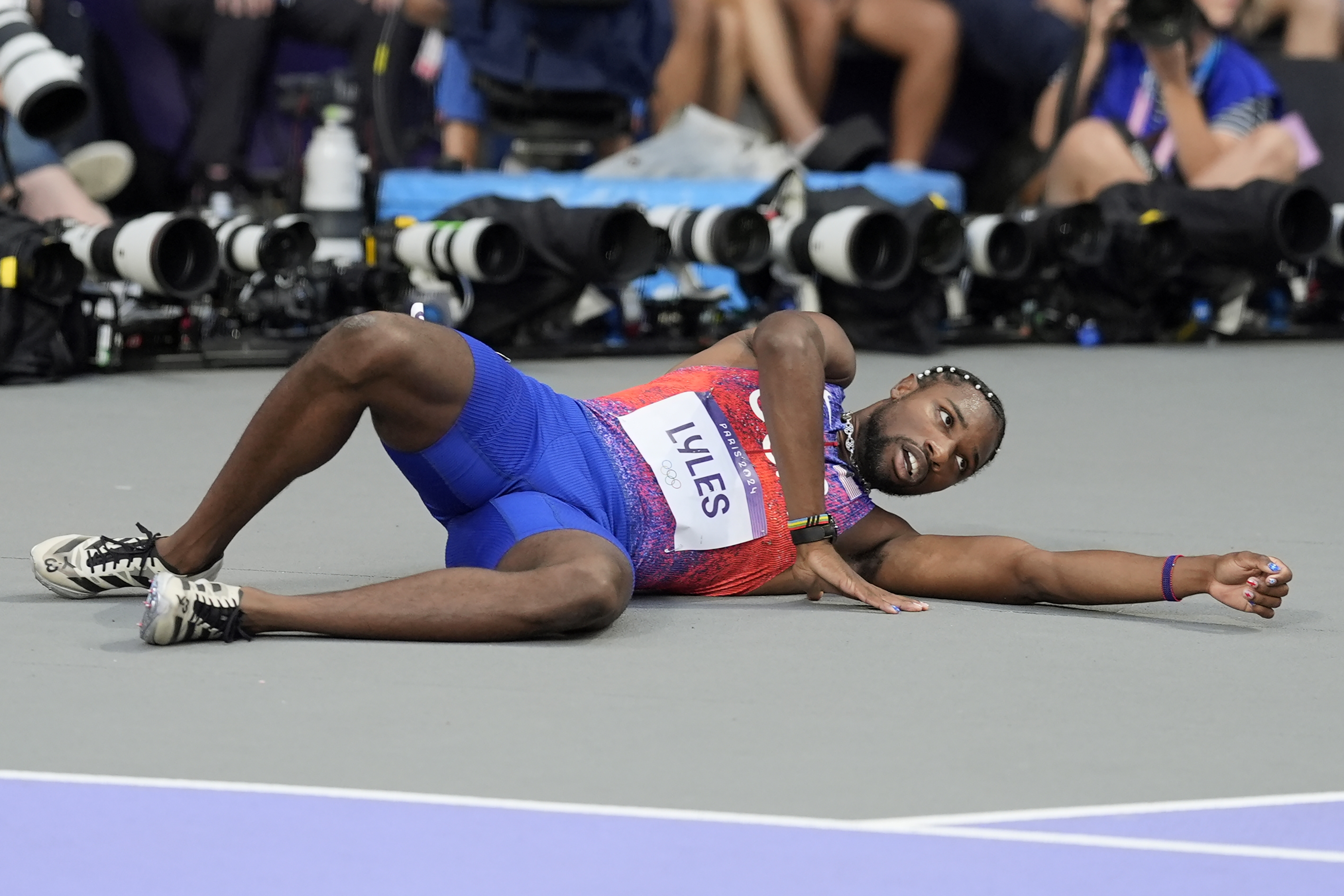The night American sprinter Noah Lyles won a bronze medal, he had a fever of around 102 degrees Fahrenheit, according to his coach Lance Brauman.
It's what made that medal, in his last sprint at the Paris Olympics, all the more impressive to Brauman, who described the sprinter's condition and future Friday in an interview with The Associated Press.
Lyles tested positive for COVID-19 on Tuesday and finished third in Thursday’s final behind Botswana’s Letsile Tebogo and American teammate Kenneth Bednarek.
Get top local stories in Connecticut delivered to you every morning. Sign up for NBC Connecticut's News Headlines newsletter.
“Those guys raced great," Brauman said. “But to get a bronze medal in 19.70 with a temperature of about 102, that wasn't too bad.”
To Brauman, the performance ranks right up there with the one Lyles delivered to win gold in the 100 on Sunday.
“It’s hard to replace a gold medal in the 100 meters at the Olympic Games ... that one was probably the most important medal," Brauman said. “How did he put it, we talked about it — he will have the most satisfaction out of the bronze.”
The 27-year-old Lyles was back at the track Friday night wearing a protective mask while accepting his bronze medal. He did a lap around the track waving to fans but kept his distance from Tebogo and Bednarek.
There will be other chances, Brauman said, because Lyles is just entering his prime.
“He’s going to be really good through LA at least, and then we’ll see what happens after that,” Brauman said of the next Olympics in 2028. “I just need him to keep doing what he’s doing.”
Lyles made no secret about his goal to win three gold medals at these Olympics, the way Usain Bolt did on his way to superstardom. He'll leave Paris short of that goal, but nobody will forget the roller-coaster ride he produced: a .005-second victory in the 100, followed by a bronze while running with COVID.
“I mean, he was sick,” Brauman said. “People are going to say whatever they want, and that’s fine, but the dude was sick.
"What he had to do to muscle out that medal, that’s going to be hard to forget.”





